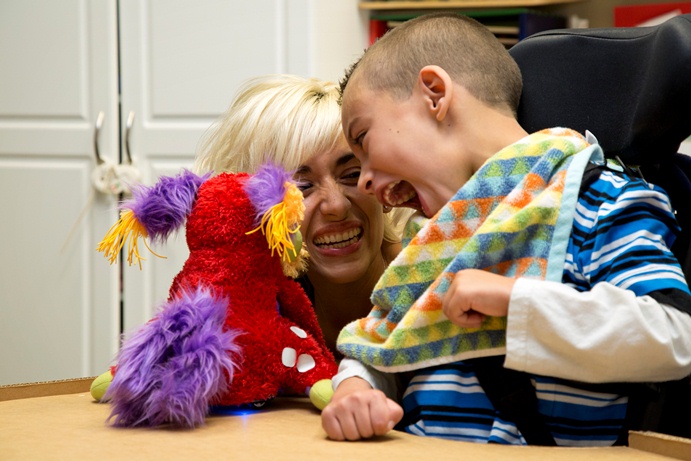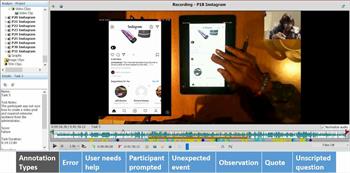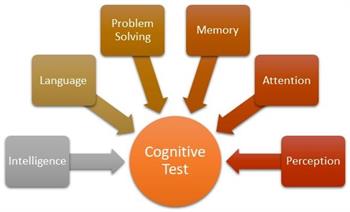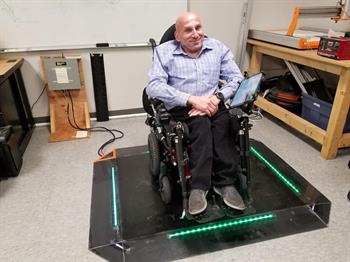Leaders in Applied Research and Inclusive Design
Researching the Future of Innovative Technologies
Researching, designing and developing robust technology solutions requires a highly qualified interdisciplinary team practicing user-centered design principles. CIDE research combines multiple engineering disciplines, end-users, care providers, expert clinicians and industry leaders to advance the state of the science. Our research incorporates collaborations between industry and academic partners; accelerates innovation and knowledge translation, facilitating commercialization of usable and healthcare technologies.
Grand Challenges
- Built Environments
- Independence, Empowerment and Community Engagement
- Healthy Living through Technology
Research Priorities
Socially Assistive Robotics (SAR)
The Social Assistive Robotics (SAR) lab at CIDE develops robots that have the ability to interact with children and adults with disabilities.
Innovative Design - Product Testing
Existing, emerging and new technologies have the potential to facilitate improved independence and participation for everyone. However, products and services need to be designed in a manner that facilitates inclusion. This research thrust is focused on not only improving how products are designed, but also understanding how design elements impact usability/accessibility for individuals of varying physical and cognitive capacities. Past projects have included the usability testing of mainstream technologies (e.g. clocks, fire extinguishers, microwaves) for individuals with cognitive disabilities.
- Identify the usability issues that an individual may experience with technology
- Characterize how these issues may relate to cognitive strengths and weaknesses.
- Use the CTB to help partition our design guidelines such that they can uniquely address the usability issues that an individual of unique cognitive characteristics is prone to encounter.
Human Machine Interface
While the term “Human-Machine Interface” (HMI) is most commonly used in the context of industrial processes, at CIDE we focus on health and supportive technologies. Specifically, we examine methods of extracting volitional commands from, and delivering information to human operators. Some examples include “switch scanning,” touch-screen displays, body tracking/gesture recognition, eye gaze tracking, haptics/biofeedback, and brain-computer interfaces. Exploring the bidirectional flow of information between humans and devices allows us to bridge the gap between what a human can do, and what they want to do.
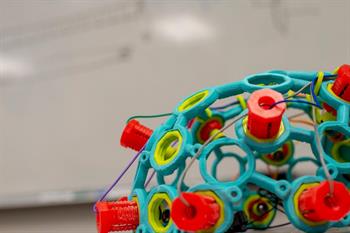
Biomechanics and Mobility
“Biomechanics and Mobility” covers a wide variety of research topics, including both powered and mechanical devices. We examine and augment the mechanics of the entire human body, from upper and lower limb impairment to reduced mobility. We seek to extend human capability through exploration of emerging technologies in robotics, exoskeletons, wheelchairs, and power assist devices, as well as autonomous control and navigation.
Smart Environments and Wearables
IoT platforms deliver various kinds of intelligence and data using a variety of sensors, making it possible for devices to function autonomously—enabling the entire system to continuously improve or become smarter every day. New sensors are arriving rapidly. From temperature to proximity, to image and motion detection, these sensors show great promise in improving the execution of activities of daily living (ADLs) for those who need additional assistance. This research thrust is focused on developing applied solutions.
Research and Engineering in Action
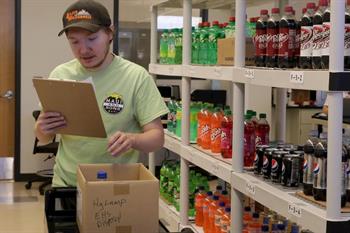
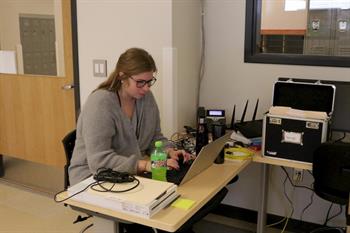
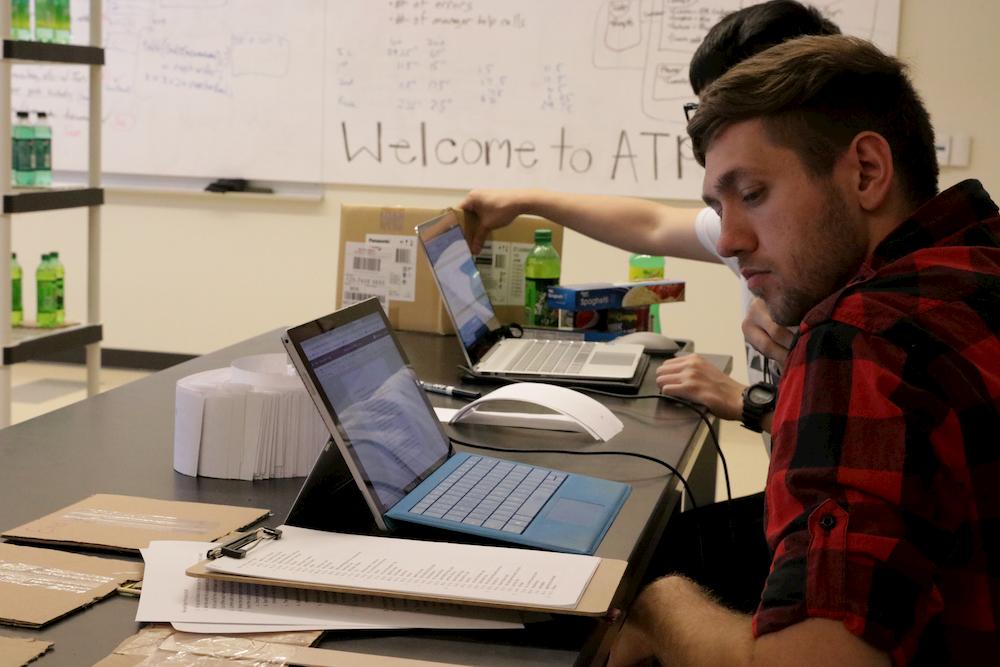
Additional Research
Open Studies
Social Robotics
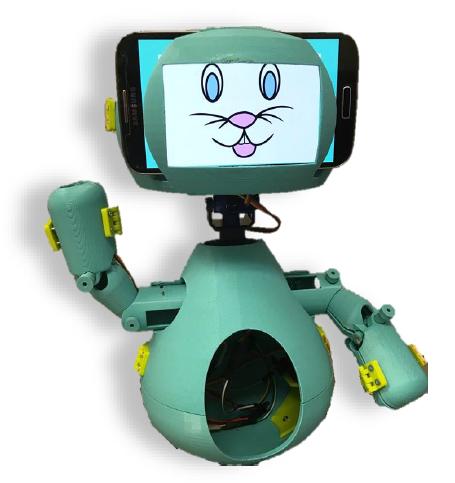
Validation of a Socially Assistive Robot to Engage with, and Provide Augmented Clinical
Therapy for, Young Children with Cerebral Palsy as they Develop Gross Motor Skills
Social Robotics

Data gathered from this study will be used to improve socially assistive robot technologies for children via machine learning methods.
Usability Testing

CIDE is performing a Usability Testing study on mobile technology products and their apps. We need people to try out these products.
